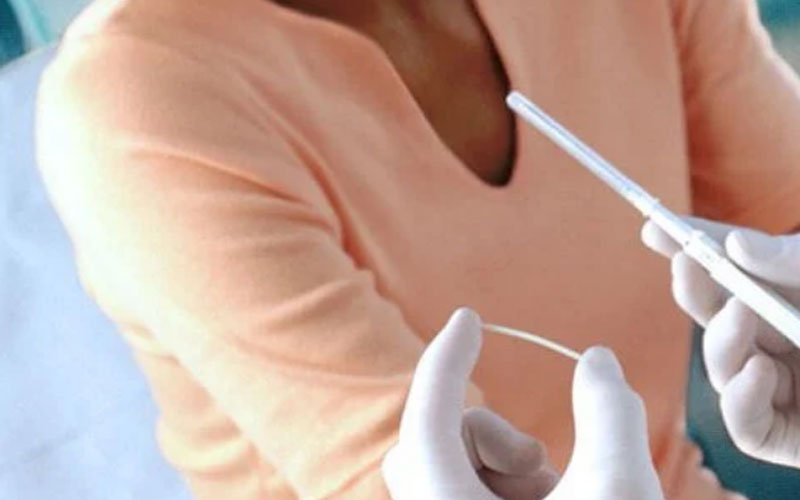×
The Standard e-Paper
Smart Minds Choose Us

Birth control implant is one of the most popular contraceptives in Kenya. [File, Standard]
Hundreds of women of the reproductive age might suffer side effects of family planning, after using contaminated implants.